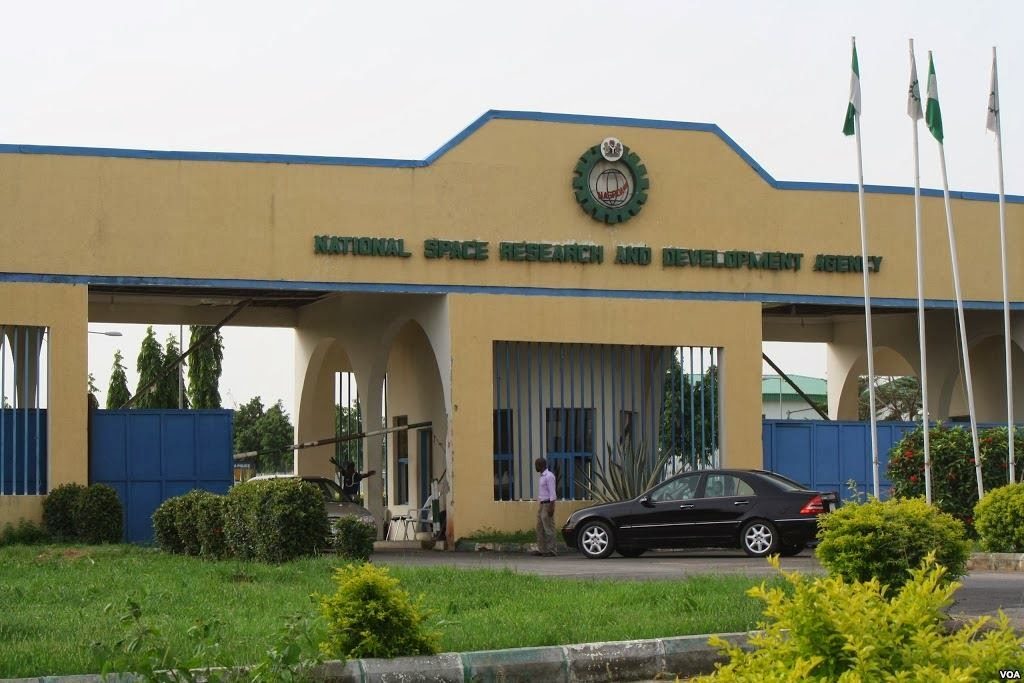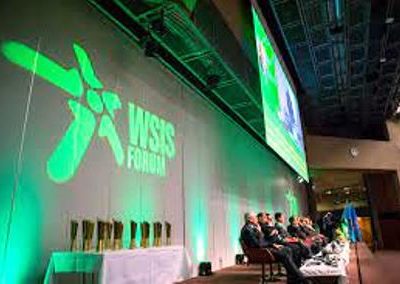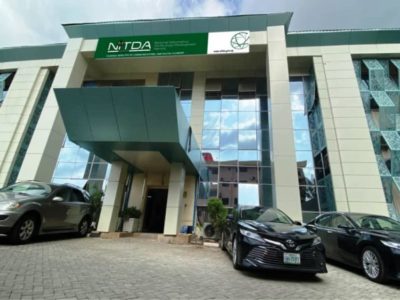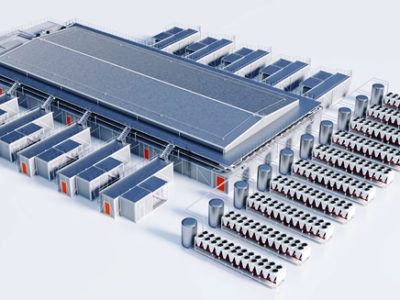The National Space Research and Development Agency (NASRDA) has announced plans to launch a CubeSat, ‘Edusat-2’ by June this year.
Acting Director-General of NASRDA, Dr Francis Chizea, revealed this at the recent Science and Technology Expo in Abuja.
Canadian space agency described a CubeSat as a square-shaped miniature satellite (10 cm x 10 cm x 10 cm —roughly the size of a Rubik’s cube), weighing about 1 kg. A CubeSat can be used alone (1 unit) or in groups of multiple units (maximum 24 units). CubeSats can be used alone or stacked to suit the needs of a specific mission.
EduSat-2 follows on the track of EduSat-1 launched by NASRDA in collaboration with Federal University of Technology Akure (FUTA) and Japanese Birds-1 programme in 2017.
As the name suggests, the low cost satellite is designed for the purpose of research and education. Nigeria EduSat-1 was a Nigerian nanosatellite built by the FUTA, created in conjunction with the Japanese Birds-1 program. It was Nigeria’s first satellite built by a university. It was launched from the Japanese Kibō module of the International Space Station, notes Wikipedia.
The EduSat-2 is costing the space agency less than N20m to build.
NASRDA’s first satellite in 2003
NASRDA first launched Nigeria’s low earth orbit (LEO) $13 million national satellite, NigeriaSat-1, in 2003 for weather and disaster monitoring. It has since launched NigeriaSat-2 and other minisatellite based upon the new generation of high resolution Earth observation satellites.
According to Chizea, NASRDA’s foray into launch of CubeSats is part of the objectives of the 2001 National Space Policy and Programme as well as the agency’s approved 25 years’ roadmap beginning from 2007.
CubeSat is designed to help the agency’s fulfil its mandate of building made-in-Nigeria satellites and launching a Nigerian astronaut into space. said Chizea to News Agency of Nigeria.
His words: “EduSat-2 was developed by NASRDA engineers, an earth observation satellite with minimal resolution and we are expecting to launch it in June or July from the International Space Station.
“We are already talking with the committee on the Peaceful Use of the Outer Space to help us secure launch facilities on one of the member countries, who have the facilities to provide for us.
“The satellite is one of its kind to be made by Nigeria and the only thing we can do now is to develop on that.
“The major thing the satellite will address is technology demonstration, to show that we can do it by ourselves, we want to show that it can work,” he said.

































